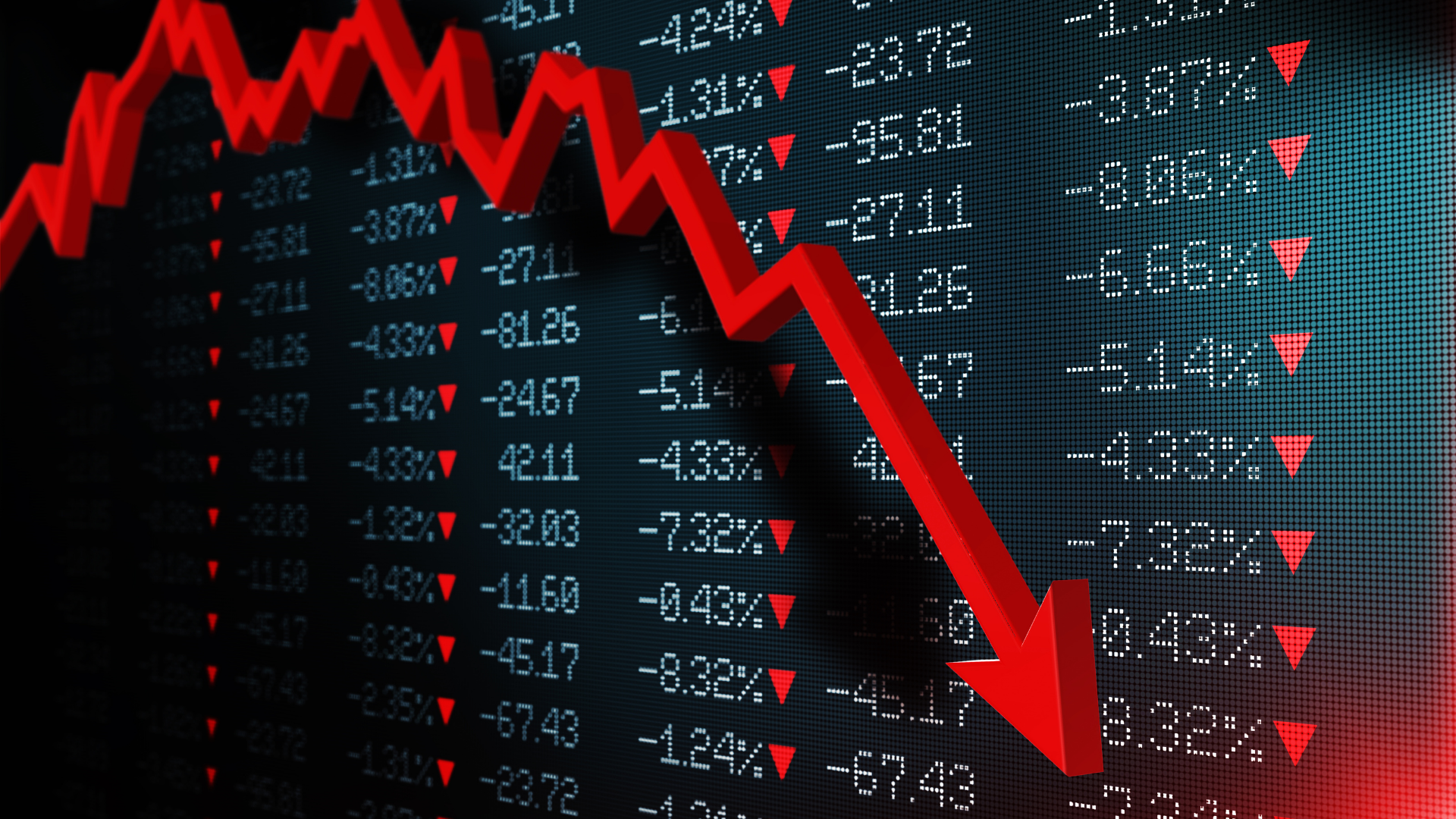Of course, everyone wants to know how to handle the next financial crisis. Will it happen? Should you be concerned? How can you prepare? What should you do to protect your investments? And how much should you be prepared to lose? There are many views on this topic, so I’ve decided to explore them all. Hopefully, you’ll find this post helpful.
It’s becoming more common to hear people talk about it these days, but few of us know what the stock market crash of 2008 is really all about. As some of you already know, some of the leading investment banks were caught red-handed manipulating the markets to their own advantage, which some people are still looking to this day for evidence that it was an insider trading scam.
The stock market crash of 1929 and the global financial crash of 2008 ruined many people’s lives and fortunes. While we can’t predict the future, we can try and prepare for the worst-case scenario.
The U.S. Stock Market has recovered from the worst crash in its history in October of 2008, but there are still too many experts who believe that it is just a matter of time before the market goes down again. This is not an unfounded fear. There are several reasons why experts think that the market will soon suffer another significant decline. The world economy is beginning to show signs of slowing down, and the U.S. economy is not the only one that is carrying the burden of the global downturn.
The stock market is one of the most important aspects of our economy, and it affects virtually every American in some way. With a decline in the stock market, the financial markets could collapse, causing a lot of financial issues. The truth is that there is no way to predict when a stock market crash will occur, but it’s always a smart idea to prepare for the worst.
Understand your investments
The stock market is the key factor responsible for most people’s wealth. The main function of the stock market is to provide a market for the ownership of companies. When the price of a company’s stock rises, the value of the company rises, and when the price of a company’s stock falls, the value of the company falls. Most investors are not aware of the rate at which their stocks are rising or falling, so they cannot accurately assess the value of their investments. The result is that they are losing money because they don’t know how to gauge their investments.
Pay off all your current debts
For most people, being debt-free is a dream. And that’s okay—we all have different reasons for wanting to get rid of debt. But, if you want to pay off all your debts to prepare for the stock market crash, you may want to consider paying off your debts first. Why?
Because of their (potential) connection to the stock market, it has become common for people to wonder why they should pay off all their debts, to prepare for an economic collapse. The answer is simple, but it also takes some time to understand. You should pay off all of your debts because this will lower your interest expenses, and if the stock market collapses, interest rates will skyrocket. The more debt you have, the higher the interest rate you will pay.
Always have a plan
While it is impossible to predict exactly when the next financial crisis will come, the best way to prepare for it is to have a plan. Whether you live in a country where it is common for markets to crash or live in a country where it is not, there are certain things that you can do to prepare for a potential stock market crash.
Nothing good comes from sitting around and waiting for a major economic event to happen. We all have a responsibility to prepare for a potential stock market crash, no matter how little or how much we think those chances are. The worst part is that the only way to protect yourself from the inevitable pain of a significant decline in the market is to plan ahead. There are multiple resources online available to help you plan for this, should it become a reality.



